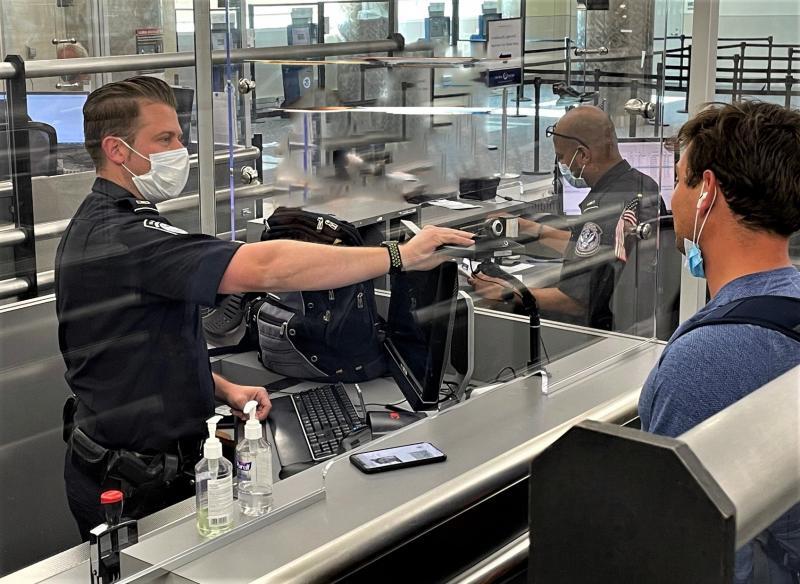
Editor’s Note:This article offers a timely and comprehensive overview of a polarizing policy shift with far-reaching implications.
A New Executive Order Revives a Familiar Policy

On June 4, 2025, President Donald Trump signed a new executive order reinstating a travel ban that affects citizens from nineteen countries. The policy, which is set to take effect on June 9, imposes full entry bans on twelve nations and partial restrictions on seven others, citing national security concerns and inadequate vetting processes. This move has sparked widespread criticism from immigrant communities, legal experts, and international leaders, who argue that the ban disproportionately targets Muslim-majority and African countries, echoing the controversial travel restrictions that took place eight years earlier, in 2017.
The executive order fully prohibits entry into the United States for nationals from Afghanistan, Myanmar, Chad, the Republic of the Congo, Equatorial Guinea, Eritrea, Haiti, Iran, Libya, Somalia, Sudan, and Yemen. Partial restrictions apply to citizens from Burundi, Cuba, Laos, Sierra Leone, Togo, Turkmenistan, and Venezuela, limiting access to certain visa categories, including tourist, student, and exchange visitor visas.
While the administration cites national security and public safety as primary reasons, critics argue that the selection of countries lacks consistency. Notably, Egypt, the home country of a recent attack suspect in Boulder, Colorado, is absent from the list, raising questions about the criteria used.
Immigrant Communities React With Alarm
The reinstated ban has caused significant distress among immigrant communities across the United States. In Miami, local leaders have condemned the policy, highlighting its potential to separate families and disrupt communities. Marleine Bastien, a Haitian-born Miami-Dade County Commissioner, stated, “This measure is unjust and disruptive, threatening to separate families and sow chaos in our communities.”
In Springfield, Ohio, home to approximately 15,000 Haitians with Temporary Protected Status, the ban has led to heightened anxiety and uncertainty. Community organizations report being overwhelmed with inquiries from individuals seeking clarity about their immigration status and options.
The international community has expressed dismay over the travel restrictions. A Sudanese diplomat questioned the justification for the ban, while Chad’s president responded by suspending U.S. visa issuances in retaliation. In Iran, citizens expressed a mix of anger and resignation, with many feeling unfairly targeted and reconsidering their plans to study or immigrate to the United States.

Legal Challenges Expected—but Will They Work?
Legal experts anticipate challenges to the new travel ban but acknowledge that the administration has crafted the order to withstand judicial scrutiny. Drawing lessons from previous legal battles, the current policy includes specific exemptions and is framed around national security concerns, which the Supreme Court has previously upheld as within presidential authority.
Despite these legal safeguards, advocacy groups and some state attorneys general are exploring avenues to contest the ban, arguing that it remains discriminatory and harmful to affected communities.
As the June 9 implementation date approaches, the reinstated travel ban stands to reshape U.S. immigration policy and its global relationships. While the administration emphasizes national security, the policy’s broader implications on families, communities, and international perceptions of the United States continue to unfold. The coming weeks will likely see legal challenges and further debates over the balance between security and inclusivity in American immigration policy.
<Student Reporter Chloe Im> La Canada High School, cim29@mylcusd.net







